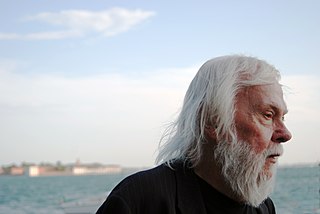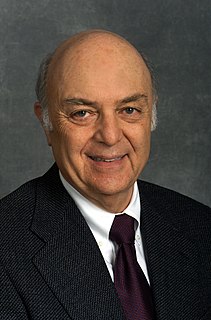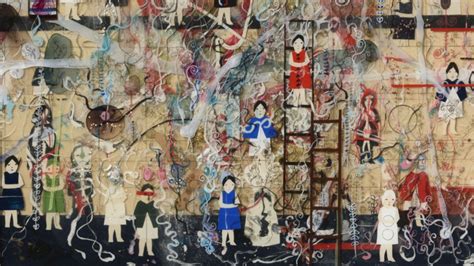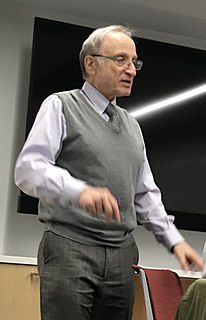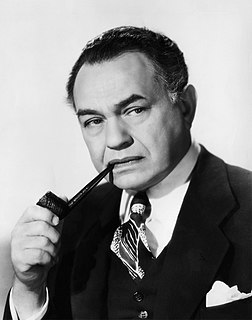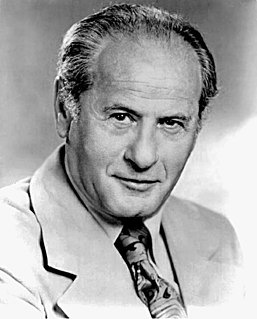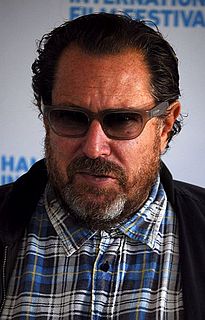A Quote by John Baldessari
The idea was to take fine art and put it into the location of the movie scripts. The script itself is collage - some of the lines come from actual movies and I've written others to make the text work with the found image. In this way, the details of old dead guys' paintings (from the collection of the Städel Museum in Frankfurt, where this work will be exhibited in relation to the historical paintings) become illustrations of the movie scripts. I found this mélange of high art and Hollywood amusing.
Quote Topics
Related Quotes
A good script is like a work of art in itself. I've read hundreds of scripts, and good ones are very rare. If the writer has something to say, and a voice, and a plot that matches character, and an emotional trajectory that works, then I'd be an idiot to fool around with it. It's just that few scripts ever are like that.
The museum is full of interesting things. All kinds of paintings are there. And then paintings too thick to put in a frame, that they call sculpture. And then there are spectators. with their scorecards, rooting for culture. And spectators of the spectators, looking for love's introduction. And art students taking notes. And old women trying to remember the past. And old men with too much to forget. And tourists, thinking that a museum represents a city. And loafers so poor, they study their soberness here.
I go into any movie that's historical fiction thinking, 'OK, I'm here to watch a work of art, something delivering a series of opinions, and if it's a good work of art, these opinions become so deeply embedded in complexity and richness that I won't even be bothered by the opinions. I'll make my own mind up.'
I structure the scripts and work on them on films and work on scenes with writers and but I haven't written a script myself, I really respect what they do and I'm fortunate I get to work with people that I really enjoy working with and we all kind of spitball and work together on these things, but I haven't written a script yet.
Unless created as freestanding works, quotations resemble "found" art. They are analogous, say, to a piece of driftwood identified as formally interesting enough to be displayed in an art museum or to a weapon moved from an anthropological to an artistic display.... The presenter of found art, whether material or verbal, has become a sort of artist. He has not made the object, but he has made it as art.
I can go to parties all the time and not see people I want to work with, but then sometimes I do, and the way I try to describe it is that I like to refer to art history a lot in my paintings, and there are some people who just have a face that feels like art historical. Like they could be in a Tiepolo painting as a person riding through the sky in a chariot, or she could be in a fashion magazine.
Television is a great job for a writer in the way that movies used to be, way before my time. Back when writers in Hollywood were on staff or under contract at any given studio and you'd write movie scripts and then the movies would get made within a few weeks, such that you could be a working writer in the movie business back in the '30s and '40s and '50s and have a hand in writing five or six movies a year that actually got produced. The only thing remotely like that in the 21st century here in Hollywood is working in the TV business.
There were some types of sanctions that happen in the public world that made my work acceptable, where someone looks at the paintings and they don't - they may go, "okay," and then look at it in a different sort of way. Instead of just looking at it as some type of wild art, they look at it in a historical perspective or context.
